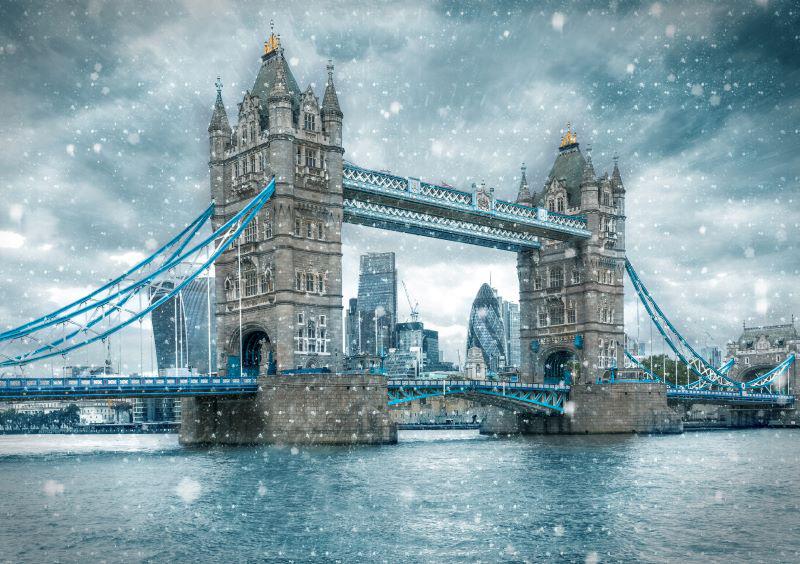(330) 876-1228
8507 Main StreetKinsman, OH 44428
(330) 876-1229

The United States is keeping a close eye on rising COVID cases and hospitalizations in Britain, Dr. Anthony Fauci said Tuesday.
Compared to the previous week, the United Kingdom saw a 48% increase in COVID-19 cases and a 17% rise in hospitalizations last week, CNN reported.
The daily case rate of about 55,000 a day is less than a third of what it was during the Omicron peak, but cases are climbing fast just two weeks after the U.K. lifted the last of its pandemic-related restrictions.
Like the U.K., the United States has lifted most COVID-19 measures as cases have fallen.
In previous waves, increases in COVID hospitalizations were about 10 days to two weeks behind spikes in cases, but cases and hospitalizations in the U.K. now seem to be rising in tandem for reasons not clearly understood.
"So, we're obviously keenly interested in what's going on with that," Fauci told CNN.
In speaking to British officials, Fauci said they pointed to three possible reasons why: the more transmissible BA.2 'stealth' variant of Omicron; people gathering more indoors without masks, and waning immunity from vaccination or prior infection.
Still, BA.2 doesn't seem to be causing more severe disease, so it's not clear why hospitalizations are rising.
"The issue with hospitalization is a little bit more puzzling, because although the hospitalizations are going up, it is very clear their use of ICU beds has not increased," Fauci told CNN.
"So, are the numbers of hospitalizations a real reflection of COVID cases, or is there a difficulty deciphering between people coming into the hospital with COVID or because of COVID?
"Without a doubt, opening up society and having people mingle indoors is clearly something that is a contributor, as well as overall waning immunity, which means we've really got to stay heads-up and keep our eye on the pattern here," Fauci said. "So, that's the reason why we're watching this very carefully."
The situation is "like a weather alert. Right now, the skies are sunny and bright, and we hope they stay that way. But we could have some bad weather by evening, and we just don't know," Michael Osterholm, director of the University of Minnesota's Center for Infectious Disease Research and Policy, told CNN.
More information
Visit the U.S. Centers for Disease Control and Prevention for more on COVID-19.
